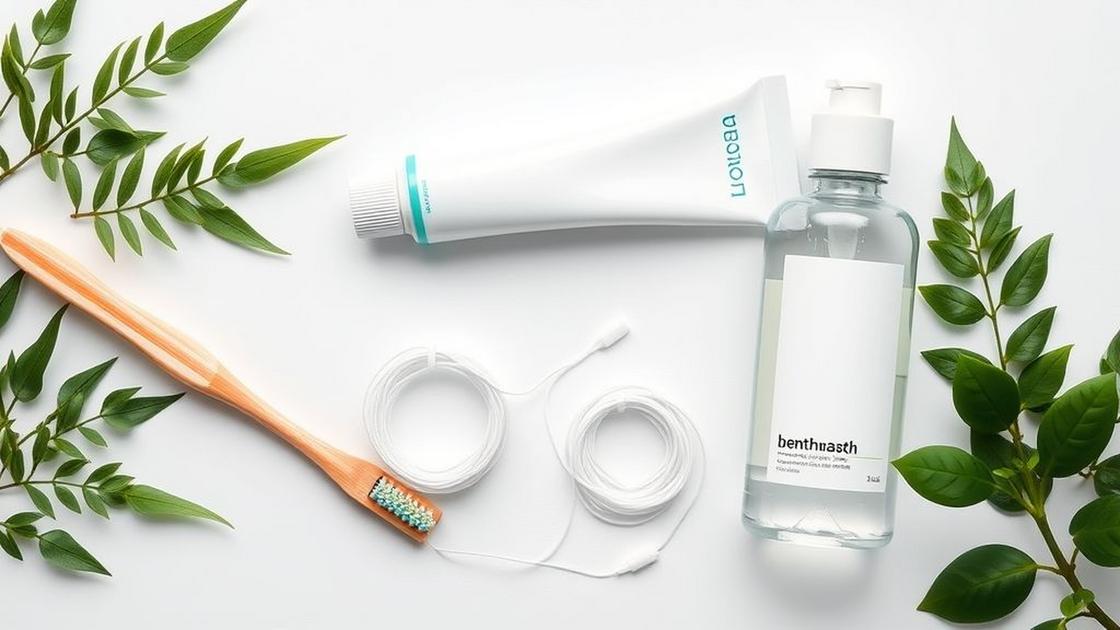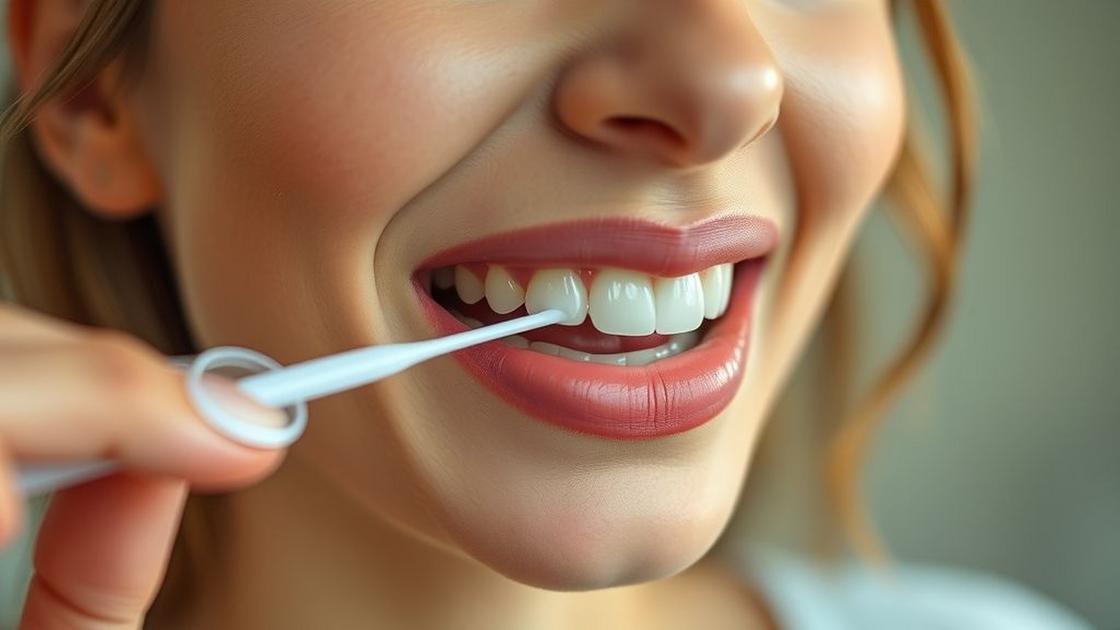Have you ever thought about how to use herbs for dental care at home? For many women, a healthy smile is essential, yet you might be dealing with dental discomfort or concerns that seem persistent. We know how challenging it can be to prioritize oral health while juggling life’s demands. This article will guide you through simple, effective, and natural ways to enhance your dental care routine using herbs, allowing you to reclaim your confidence and well-being.
Why Choose Herbs for Dental Care?
Herbs have been used for centuries across various cultures for their healing properties. When it comes to dental care, choosing herbs can be a gentle yet effective approach to maintaining oral health. Unlike commercial dental products that often contain synthetic ingredients, herbs offer a more natural way to care for your teeth and gums.
Many women, especially those over 30, seek alternatives to chemical-laden products. The peace of mind that comes with using natural solutions can help combat worries about ingredients affecting our health. Using herbs in dental care can connect you with nature and promote overall wellness.
The Benefits of Natural Remedies
Natural remedies carry numerous benefits:
- Hypoallergenic: Most herbs are less likely to cause allergic reactions compared to synthetic compounds.
- Antimicrobial properties: Many herbs have natural antibacterial qualities that can help fight oral infections.
- Cost-effective: Using herbs can often be a more affordable option than commercial dental products.
- Eco-friendly: Growing your own herbs or choosing sustainably sourced options helps reduce your carbon footprint.
With these benefits in mind, natural remedies can be empowering for women looking to take control of their health.
Popular Herbs for Oral Health
Several herbs are particularly beneficial for oral health:
- Neem: Known for its antibacterial properties, neem helps to reduce plaque and fight gum disease.
- Calendula: This calming herb can soothe gum inflammation and promote healing.
- Green tea: Packed with antioxidants, green tea can help combat bacteria associated with gum disease.
- Peppermint: The refreshing flavor of peppermint not only freshens breath but also possesses antimicrobial properties.
These herbs can easily be incorporated into your daily routine, making dental care a more holistic experience.
How to Create Herbal Rinses
Creating herbal rinses is simple and can be a delightful ritual.
- Select your herb: Choose herbs that resonate with your dental needs, such as peppermint for freshness or neem for antibacterial effects.
- Prepare the infusion: Boil water and add the dried herbs. Let it steep for about 15-20 minutes.
- Strain the mixture: Remove the herbs and allow the solution to cool.
- Use it daily: Swish the herbal rinse in your mouth for 30 seconds and spit it out.
This simple process transforms your dental care into a soothing ritual infused with the benefits of nature.
Using Clove Oil for Pain Relief
If you ever experience tooth pain, clove oil can be a lifesaver. Clove oil is known for its natural analgesic and anti-inflammatory properties.
- Apply sparingly: Use a cotton ball to apply a small amount of clove oil to the affected area, being careful not to overdo it.
- Mix with a carrier oil: For sensitive skin, combine clove oil with a carrier oil like coconut oil to reduce irritation.
This natural remedy can provide quick relief while you wait for professional care.
Mint and Its Freshening Power
Mints, especially peppermint, are powerful allies in your dental care routine.
Besides their invigorating aroma, mints have the ability to:
- Mask bad breath: A quick rinse with mint tea can freshen your breath instantly.
- Reduce inflammation: Mints can help soothe swollen gums.
Consider growing mint at home; it’s easy to care for and can be a refreshing addition to your daily routine.
The Role of Chamomile in Dental Care
Chamomile is often overlooked but has significant benefits for oral health.
- Calming inflammation: Chamomile can help soothe irritated gums and is particularly helpful after dental work.
- Promoting healing: Its anti-inflammatory properties support faster recovery of oral tissues.
Using chamomile tea as a rinse can be both calming and effective, making your dental care routine a moment of self-care.
Homemade Herbal Toothpaste Recipes
Creating your own herbal toothpaste can be a fun and rewarding experience!
Here are two simple recipes to try:
Minty Herbal Toothpaste
Ingredients:
- 2 tablespoons baking soda
- 1 tablespoon coconut oil
- 10 drops of peppermint essential oil
Mix all ingredients until smooth and store in a small jar. Use a pea-sized amount on your toothbrush.
Neem Toothpaste
Ingredients:
- 2 tablespoons neem powder
- 1 tablespoon coconut oil
- 1 teaspoon honey
Combine the ingredients and use as you would regular toothpaste.
Precautions When Using Herbs
While herbs are generally safe, it’s essential to keep a few precautions in mind:
- Allergies: Ensure you’re not allergic to any herbs you choose to use.
- Consult professionals: Especially if you’re pregnant or nursing, it’s best to consult with a healthcare provider.
- Don’t replace regular check-ups: Herbs are complementary but should not replace routine dental visits.
Being mindful and informed about using herbs can enhance your experience.
Embracing a Holistic Approach to Dental Health
When you adopt a holistic approach to dental health, you’re looking at the bigger picture. This means connecting the dots between your lifestyle, diet, and oral hygiene. Here are a few tips:
- Nutrition matters: A balanced diet rich in vitamins and minerals supports strong teeth and gums.
- Stay hydrated: Drinking plenty of water helps maintain a healthy mouth.
- Mindfulness practices: Stress management can improve your overall health, including your oral health.
Incorporating these practices with your herbal dental care can create a profound impact on your wellbeing.
Remember, it is possible to improve your dental health without harsh chemicals or complicated routines. By following simple and natural steps, as other women have done, you too can embark on a journey towards vibrant health. Embrace the beauty of self-care, and let nature assist you on this enchanting path.






